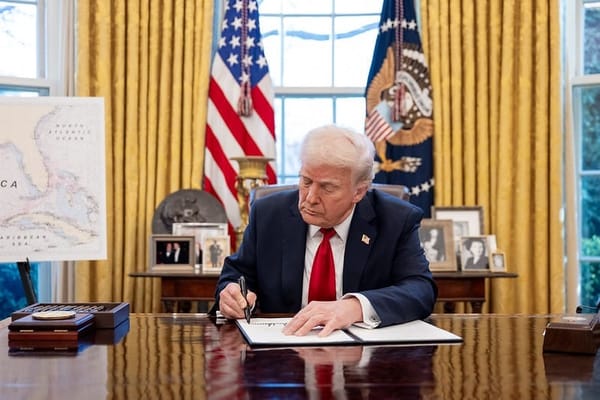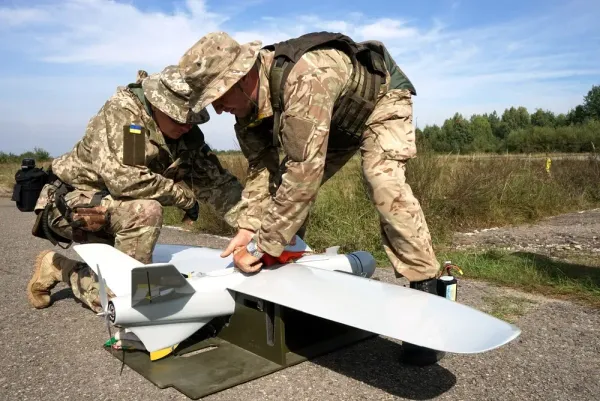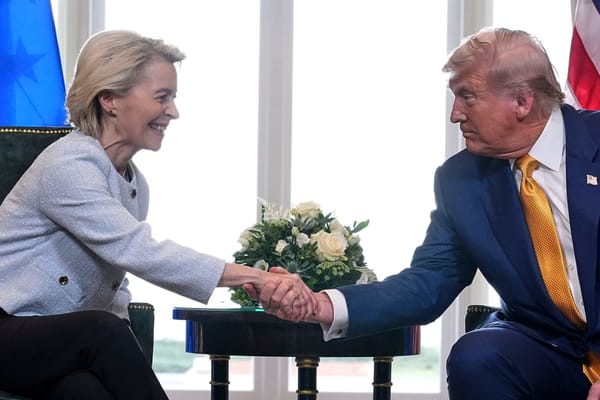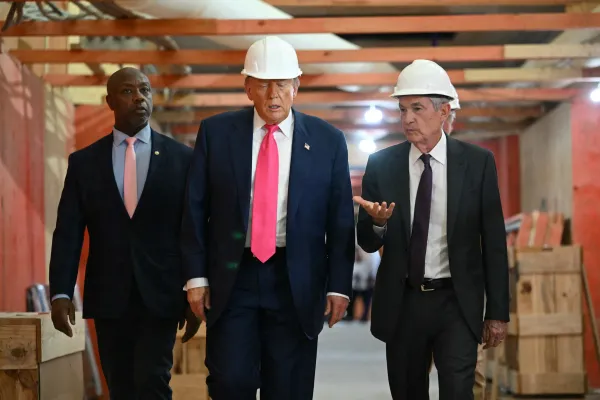Iran Nuclear Crisis Rekindles Oil Spike
What happened?
For the first time in two decades, the UN nuclear watchdog formally censured Iran for hindering inspections of undeclared sites. In response, Tehran promised to install a third cascade of advanced centrifuges and hinted that it could enrich uranium to weapons-grade within weeks. Eager to avoid a regional war during an election year, Trump urged restraint, yet he also ordered the evacuation of nonessential staff from the U.S. Embassy in Baghdad, signaling preparations for escalation.
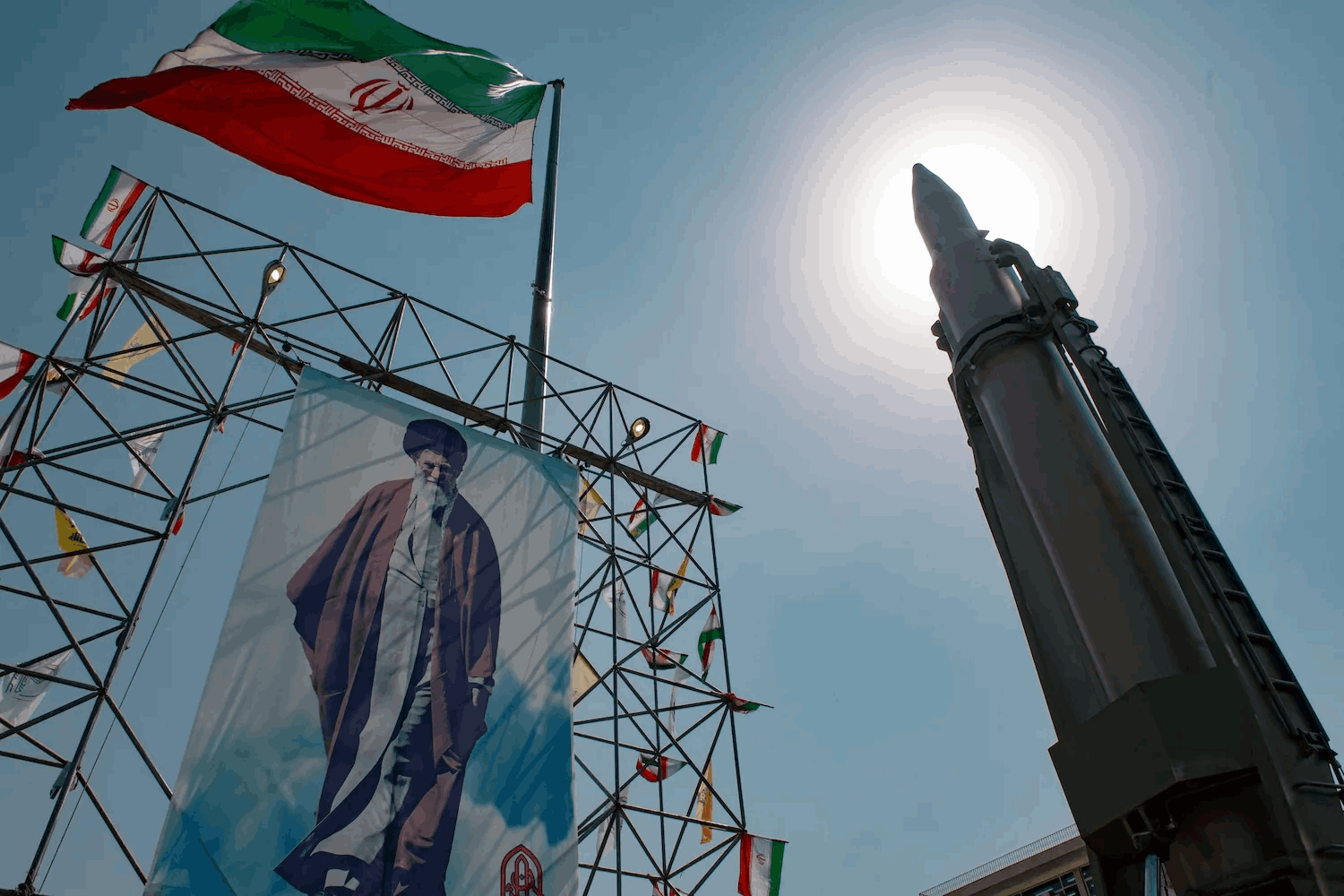
Why does this matter?
-
 Energy-price shock risk: Roughly 20% of global seaborne oil passes through the Strait of Hormuz. Any Israeli or U.S. strike could push the price of Brent crude oil well above the psychological $80 level, resurrecting inflation fears and complicating central bank easing cycles.
Energy-price shock risk: Roughly 20% of global seaborne oil passes through the Strait of Hormuz. Any Israeli or U.S. strike could push the price of Brent crude oil well above the psychological $80 level, resurrecting inflation fears and complicating central bank easing cycles.
-
 Autocracy vs. democracy: Tehran portrays the IAEA vote as Western "nuclear colonialism." The standoff reinforces a broader, Cold War–style alignment, pitting liberal democracies against revisionist states, and magnifying the strategic importance of Gulf.
Autocracy vs. democracy: Tehran portrays the IAEA vote as Western "nuclear colonialism." The standoff reinforces a broader, Cold War–style alignment, pitting liberal democracies against revisionist states, and magnifying the strategic importance of Gulf.
What’s the counterpoint?
China and the Gulf monarchies are urging all parties to revive the "freeze-for-freeze" agreement, which would offer limited sanctions relief in exchange for capping enrichment below 60%. Traders note that oil prices fell 0.9% today as hopes for shuttle diplomacy resurfaced.


